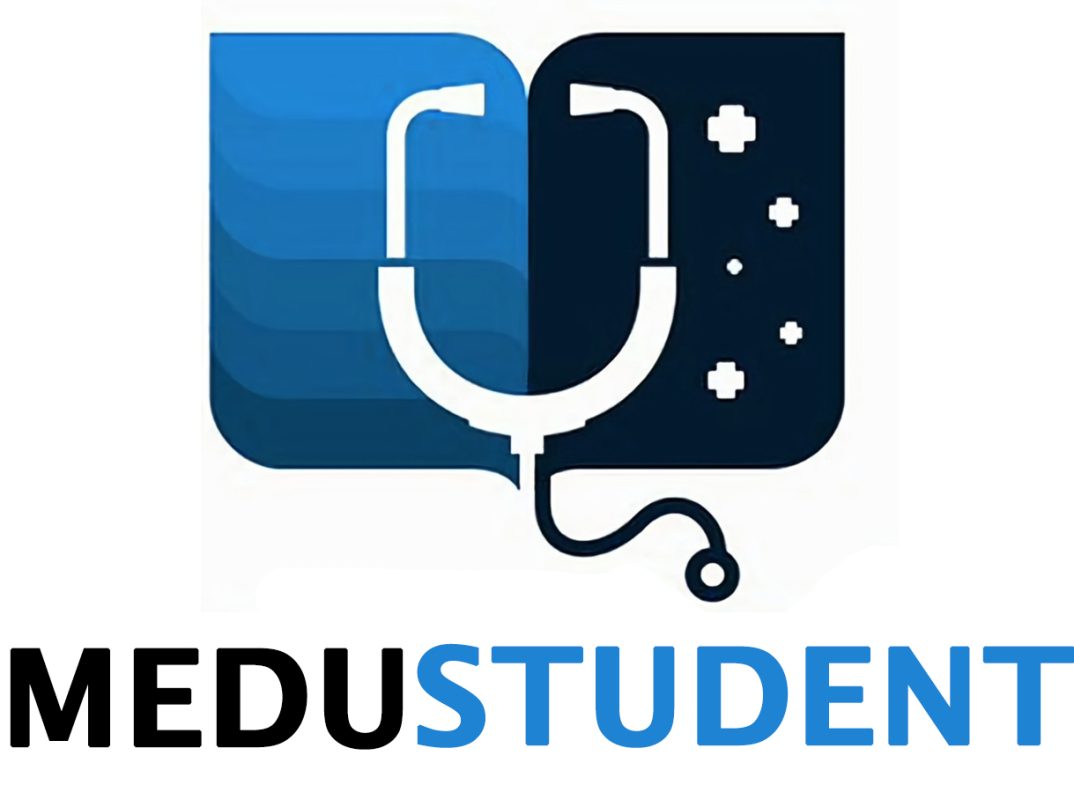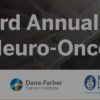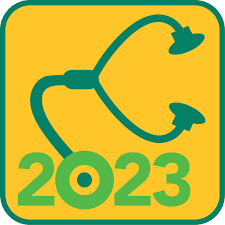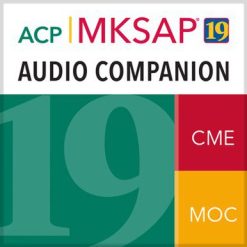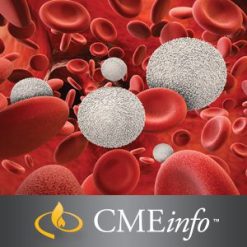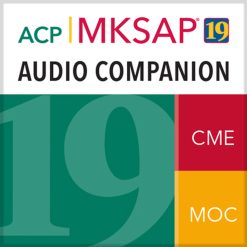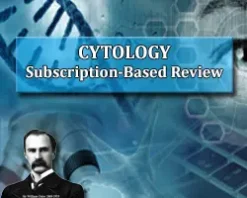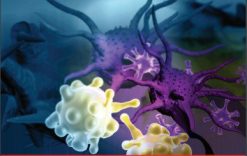2023 Psychopharmacology in Cancer Care: An Update for Clinicians of All Disciplines
$25,00
Samples for Courses Can be found here : Free Samples Here!
This course is designed for the non-prescribing psycho-oncology clinician as well as the psychiatrist who is new to the world of Psycho-pharmaco-oncology. Oncologists, palliative care clinicians, advanced practice nurses, and oncology nurses will find this course useful as well.
2023 Psychopharmacology in Cancer Care: An Update for Clinicians of All Disciplines
Clinicians have numerous tools at their disposal to help adult cancer patients dealing with symptoms of depression, anxiety, and other cancer sequelae. Psychiatric medications are most frequently prescribed to cancer patients by oncologists and general practitioners, however, psychiatric syndromes are often underdiagnosed and undertreated. Few oncology practices have dedicated psychiatric consultants familiar with the nuances of Psycho-Oncology. Even when patients receive psychotropic medications appropriately, they may have problems that arise before their next oncology visit or before they see the person who prescribed their psychiatric medications. Psychologists, nurses, and social workers play an essential role in identifying psychological and physical symptoms as well as both beneficial and problematic medication effects as they provide frontline psychosocial interventions and support for cancer patients.
This course is designed for the non-prescribing psycho-oncology clinician as well as the psychiatrist who is new to the world of Psycho-pharmaco-oncology. Oncologists, palliative care clinicians, advanced practice nurses, and oncology nurses will find this course useful as well. The course will focus on key target disorders and symptoms amenable to psychopharmacological intervention, including anxiety, depression, delirium, sleep disturbance, pain, fatigue, and weight and appetite loss. The course will also include updates on COVID-19-related delirium and the use of novel interventions including ketamine, medical marijuana, and psilocybin for depression, anxiety, and pain. Participants will learn to identify psychological reactions to medical conditions or treatments; psychiatric presentations of medical conditions or treatments; medical presentations of psychiatric conditions and common medical complications of psychiatric conditions or treatments.
2023 Program Highlights
This year’s program includes topics on:
- Depressive Disorders (Andrew Roth, MD)
- Delirium (William Breitbart, MD)
- Anxiety Disorders (Andrew Roth, MD)
- Sleep Disorders (Yesne Alici, MD)
- Cancer-Related Fatigue (William Breitbart, MD)
- Pain (Natalie Moryl, MD)
- Weight and Appetite Loss (Yesne Alici, MD)
- Cancer and Cancer-Treatment Related Cognitive Changes (Yesne Alici, MD)
- Novel Psychopharmacologic Interventions in Oncology (Christian Bjerre Real, MD, MMCI, FAPA)
Additionally, there will be ample time during program breaks to meet the faculty and ask questions. View the course brochure.
- Describe basic psycho-pharmaco-oncology principles for understanding and treating anxiety, depression and delirium in people with cancer.
- Discuss basic psycho-pharmaco-oncology principles for understanding and improving quality of life and psychiatric palliative care in people with cancer, including managing cognitive changes, insomnia, fatigue, poor appetite and weight loss, and pain.
- Identify the nuances of psycho-pharmaco-oncology related to COVID-19 related delirium and the use of novel interventions including ketamine, medical marijuana, and psilocybin for depression, anxiety, and pain in people with cancer.
Topics:
- Anxiety Disorders.mp4
Anxiety Disorders.pdf
Cancer and Cancer-Treatment Related Cognitive Changes.mp4
Cancer and Cancer-Treatment Related Cognitive Changes.pdf
Cancer-Related Fatigue.mp4
Cancer-Related Fatigue.pdf
Cannabis_Ketamine_MDMA_ Psilocybin Reference list.pdf
Delirium Handouts.pdf
Delirium.mp4
Delirium.pdf
Depression Handouts.pdf
Depressive Disorders.mp4
Depressive Disorders.pdf
Fatigue Handouts.pdf
Novel Psychopharmacologic Interventions in Oncology (Psilocybin, Ketamine, & Medical Marijuana).mp4
Novel Psychopharmacologic Interventions in Oncology (Psilocybin, Ketamine, & Medical Marijuana).pdf
Overview and Introduction.mp4
Overview and Introduction.pdf
Pain Handouts.pdf
Pain.mp4
Pain.pdf
Psychopharm_2023_Brochure.pdf
Sleep Disorders.mp4
Sleep Disorders.pdf
Weight and Appetite Loss Handouts.pdf
Weight and Appetite Loss.mp4
Weight and Appetite Loss.pdf
Related products
ONCOLOGY-HEMATOLOGY
PULMONARY /RESPIRATORY
ONCOLOGY-HEMATOLOGY
The Brigham and Dana-Farber Board Review in Hematology and Oncology 2018
PULMONARY /RESPIRATORY
ONCOLOGY-HEMATOLOGY
INTERNAL MEDICINE
MD Anderson A Comprehensive Board Review in Hematology and Medical Oncology 2021 (CME VIDEOS)
ONCOLOGY-HEMATOLOGY
2023 Classic Lectures in PET/CT Imaging – A CME Teaching Activity
